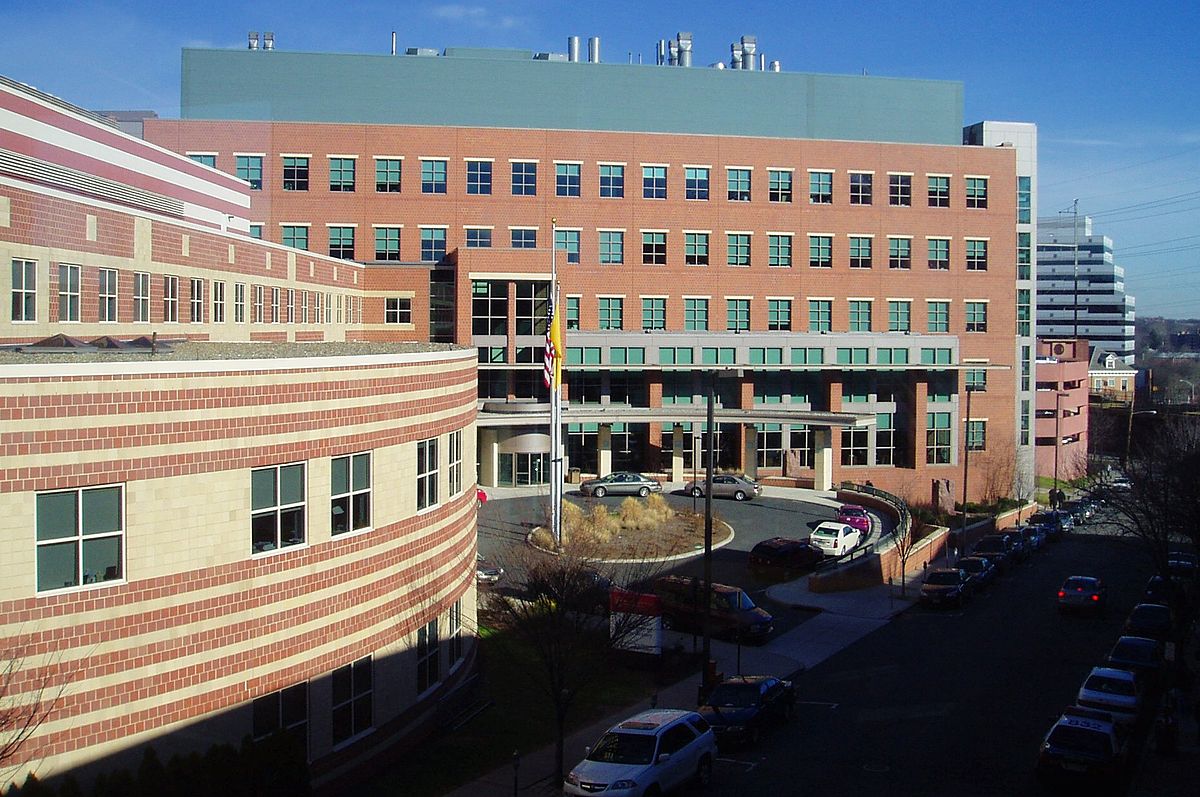
The COVID-19 Pandemic ferociously spread across the globe bringing our daily lives to a quick halt – desks, streets, and towns nearly empty as our world united together to help “flatten the curve”. While most of us were introduced to remote work, medical workers from all different specialties were called upon to help treat and test COVID-19 patients.
One long time Golden Helix client knows this all too well – Jeffrey Rosenfeld, Assistant Professor of Pathology and the Manager of the Biomedical Informatics Shared Resource at the Rutgers Cancer Institute of New Jersey. With most of his colleagues pulled off their projects to assist in the fight of surging cases or waiting for reagents, he was able to develop his latest grant project utilizing HLA to determine the cause of differing immune reactions amongst COVID-19 patients. “The big question is why does one person suffer terribly from this disease while another shows no symptoms? We believe HLA may be an important part of the puzzle in answering this question and will be a focus of this study,” explains Rosenfeld.
Our project is unique in its size, which also poses our biggest challenge of wrangling all the data but utilizing SVS we are prepared to handle the large scale of this project.
Dr. Jeffrey Rosenfeld, Assistant Professor of Pathology and Laboratory Medicine and Manager of the Biomedical Informatics Shared Resource at the Rutgers Cancer Institute of New Jersey
The project will be in collaboration with the Gift of Life Marrow Registry that has swabbed and sequenced hundreds of thousands of individuals over the last 29 years. Together, they will contact these individuals with a survey to learn more about any cases of COVID-19, and related symptoms. They are also working with Root Deep Insight, a crowd science portal for blood and marrow donors, anchoring insights from HLA and other tissue match genes, “HLA is very underappreciated in the world, but there is a lot that you can do with HLA data.”
These partnerships will provide Dr. Rosenfeld with access to necessary genotyping data to perform his Genome Wide Association Studies (GWAS) using SNP & Variation Suite (SVS) solution. “When I first started this project, I turned to SVS for its more concrete system features,” explains Rosenfeld, “…with SVS, I can feel confident handing this project to an analyst compared to something we built up in PLINK, for instance.”
Rosenfeld’s study is expected to produce results quicker than others with zero costs on data collections and sequencing – cutting down on time and expenses. “Our project is unique in its size, which also poses our biggest challenge of wrangling all the data but utilizing SVS we are prepared to handle the large scale of this project.”
About Dr. Jeffrey Rosenfeld
Dr. Jeffrey Rosenfeld completed his doctoral research at Cold Spring Harbor Laboratory where his work focused on histone modification in human cells via the analysis of ChIP-seq data. His work at Cold Spring led to one of the first papers published on ChIP-seq. After completing his doctorate, Rosenfeld moved to Zucker Hillside where he joined Dr. Todd Lencz’s laboratory where he was in charge of all next-generation sequencing analysis at the hospital. His work at Zucker Hillside involved family-based exome sequencing, RNA-seq of cerebrospinal fluid (CSF) and the analysis
of genome association data especially in regards to computationally intensive tasks. Rosenfeld also studied the occurrence of multiple nucleotide polymorphisms (MNP) in the human genome and supervised the study of non-traditional human variants such as MNPs and polymorphic SNPs for the 1000 Genomes Project. Today, Dr. Rosenfeld assists researchers
and clinicians across Rutgers University and at the CINJ through the High Performance and Research Computing group. Rosenfeld also has a long-standing collaboration with the Museum of Natural History where he and
colleagues recently published the bedbug genome.